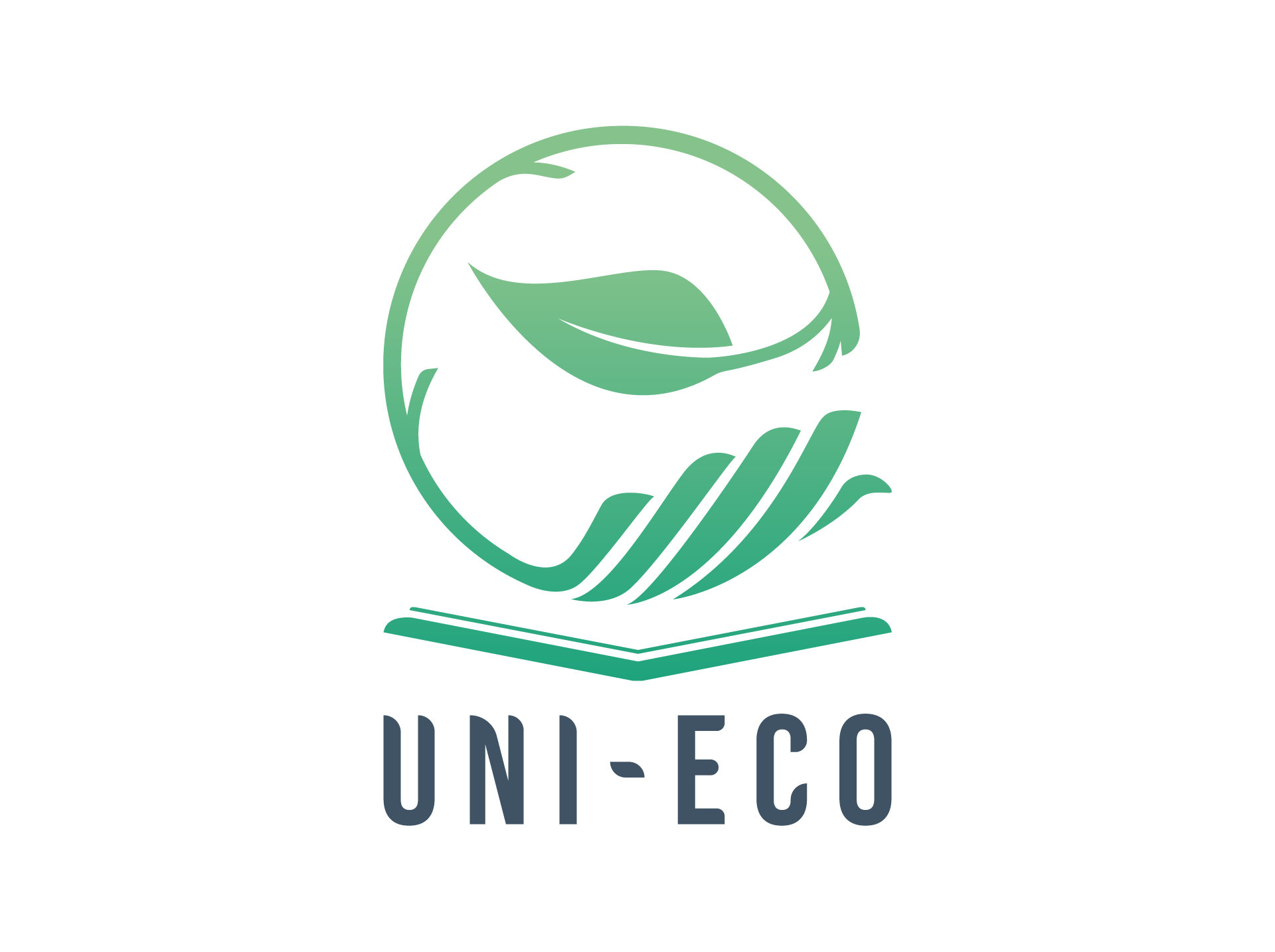Compost Pilot Project
Short description
A pilot programme to introduce a compost bin to the main Trinity Campus with a corresponding awareness campaign.
Long description
From speaking with Trinity’s Sustainability Officer we learnt that any food put into the outdoor bins on campus ends up being incinerated. We ran a survey and found that 78% of students who eat on campus will dispose of their waste in these bins. According to the C40 Knowledge Hub (2018), 27% of all waste incinerated in Dublin is food waste, so we assume that a similar fraction of Trinity’s waste is also food.
Food requires huge amounts of energy to incinerate and thus is inefficient at creating energy in the process. Incineration also releases pollutants into the atmosphere and is not a sustainable waste disposal option.
Brown bins are already in use in Trinity through Panda Waste Management, but currently there are no compost bins in outdoor spaces on campus. Based on our survey responses we found that 63.4% of students eat in Front Square. We propose the introduction of a pilot compost bin to be placed beside the bins currently here.
Alongside this we plan on running an awareness campaign composed of two parts. First, a social media campaign (Instagram and TikTok) to raise awareness of the bins themselves and the importance of using them. Second, we will create signage in partnership with Trinity’s Waste Subcommittee so as to ensure a universal message is being put out.
We understand the importance of impact measurement, see our plans for that under the COVID-19 heading. We will release weekly updates on the status of this project through social media.
We believe that this project will engage the entire Trinity community in an effort to get closer to zero waste by totally eliminating food waste.
Scope of the project
This project will be limited to the front square. We have identified this area as being a hotspot for food consumption on campus. We believe that this is because of its proximity to The Buttery. We will engage with the Waste Management Team to establish key details of this project’s management.
Budget
We have sourced a suitable bin for €540.59 (https://www.huntoffice.ie/rubbermaid-1325l-rectangular-plastic-landmark-junior-indoor-and-outdoor-trash-can-beige-ru-fg9p9000beig.html). We are conscious of having a fully covered bin due to the seagull population on campus. We will need minimal funds for the signage element of this project and do not expect this project to exceed a cost of €575.
How do you envisage dealing with COVID-19 restrictions?
We do not believe that COVID-19 will have an impact on the implementation of this project, as there will be no need to breach current guidelines. However, the reduced number of students on campus will need to be taken into account when performing impact measurement. We propose that the compost bins are weighed at the end of each day, and that this weight is compared to the number of meals sold in the Buttery on that same day. This will give us an approximate figure as to how many people ate on campus and we will be able to track if in conjunction with our social media campaigns and signage there is an increase in use of the bins over time. When other on-campus restaurants open again they can be included in these calculations, but from our primary market research the Buttery accounts for 55.2% of meals eaten on campus currently. See attached in our spreadsheet for a sample calculation.
University
Trinity College Dublin
Target audience
- Students
- Academic staff members
- Non-academic staff members
Expected date to be completed
07/05/2021
Team Leader Information
Name: Sophie Hayes
Faculty/Department: Trinity Business School
Position: Student
Number of members of this group: 1
